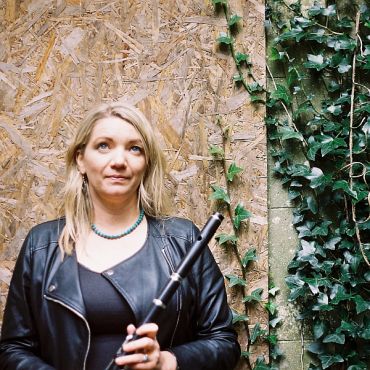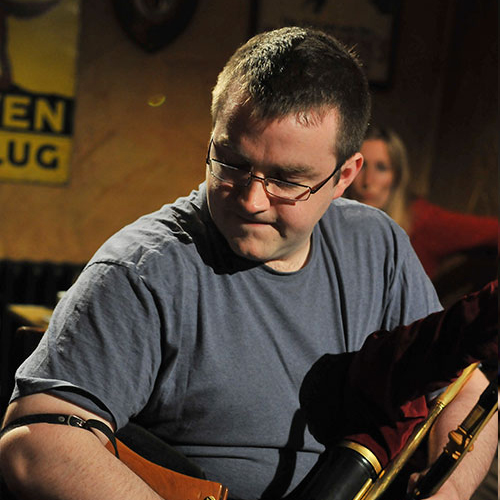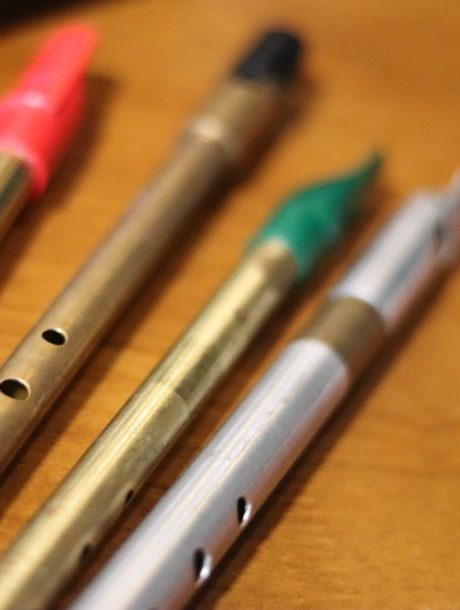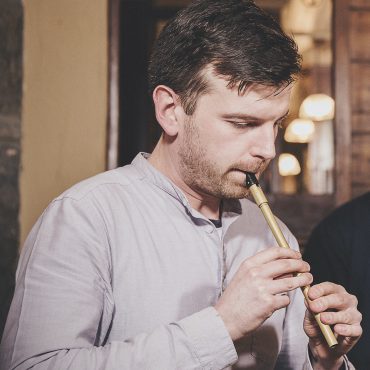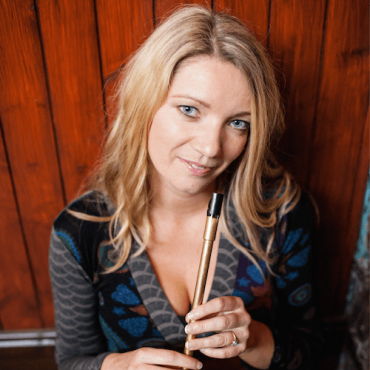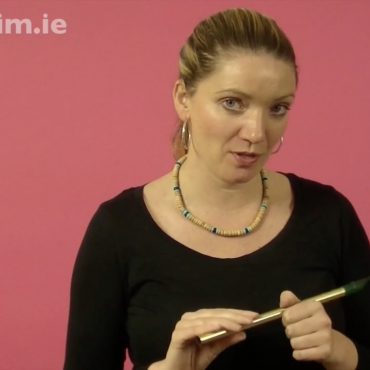Easy Online Tin Whistle Lessons
Our tin whistle courses are the most popular courses we have and cater for absolute beginners right up to the more advanced player.
Whatever stage you’re at with the tin whistle, or indeed if you’re coming from another tradition altogether, we welcome you here to the home of online Irish music learning. We hope you’ll come for the learning and stay for the craic!
If you’re just beginning start with Tin Whistle Basics, then progress to Easy Tin Whistle Session Tunes before trying Tin Whistle Foundations or moving on to the advanced courses.
Try it for free, Cancel anytime
- 18 lessons teaching how to play 13 very popular Irish tunes
- PDF sheet music & mp3’s to download & keep for each tune
- Progress at your own pace, pause & repeat videos
- Access to 14 instruments, 60+ courses, 1000+ tutorials
- Access on all your devices
- 14-day free trial. Cancel anytime

